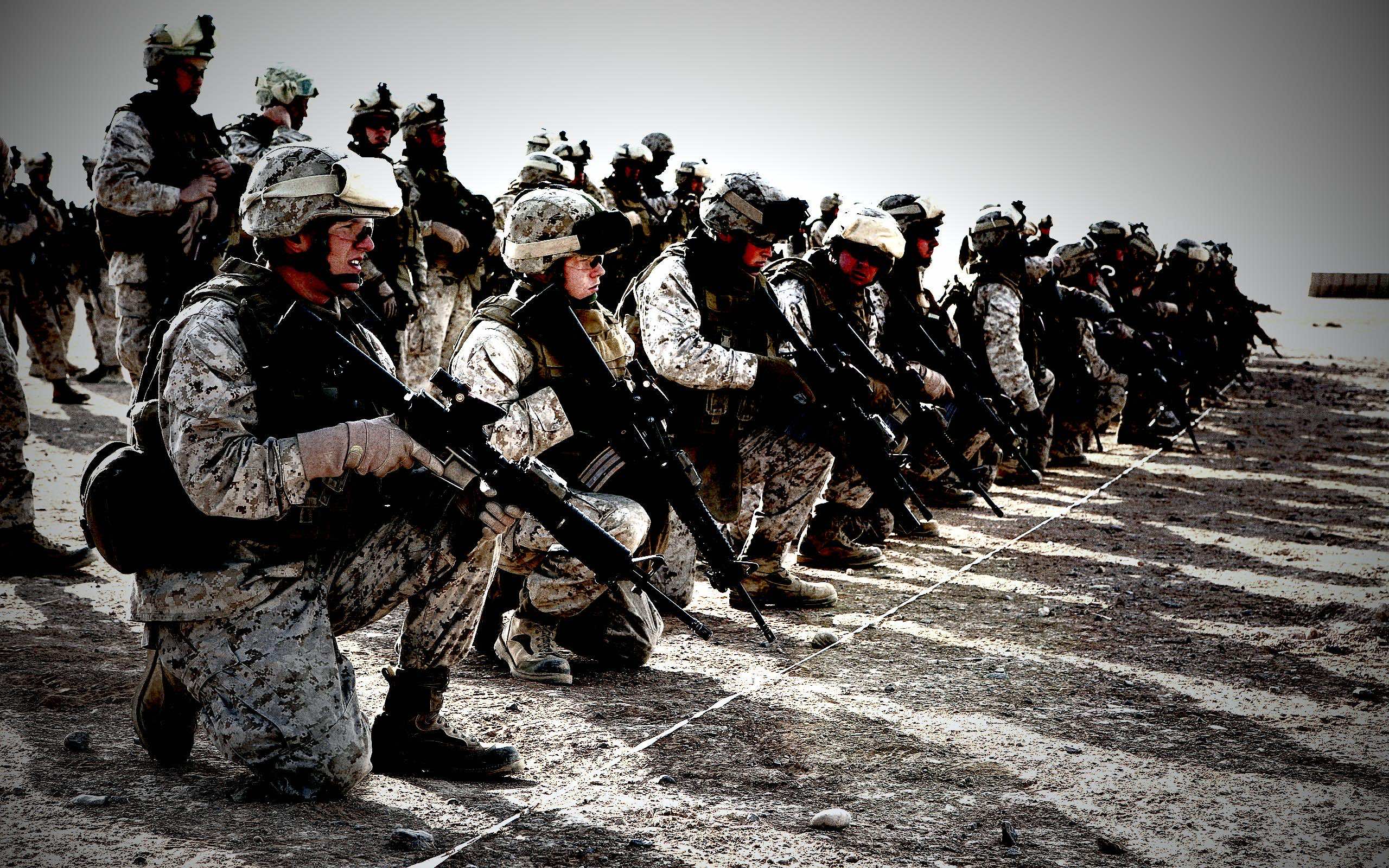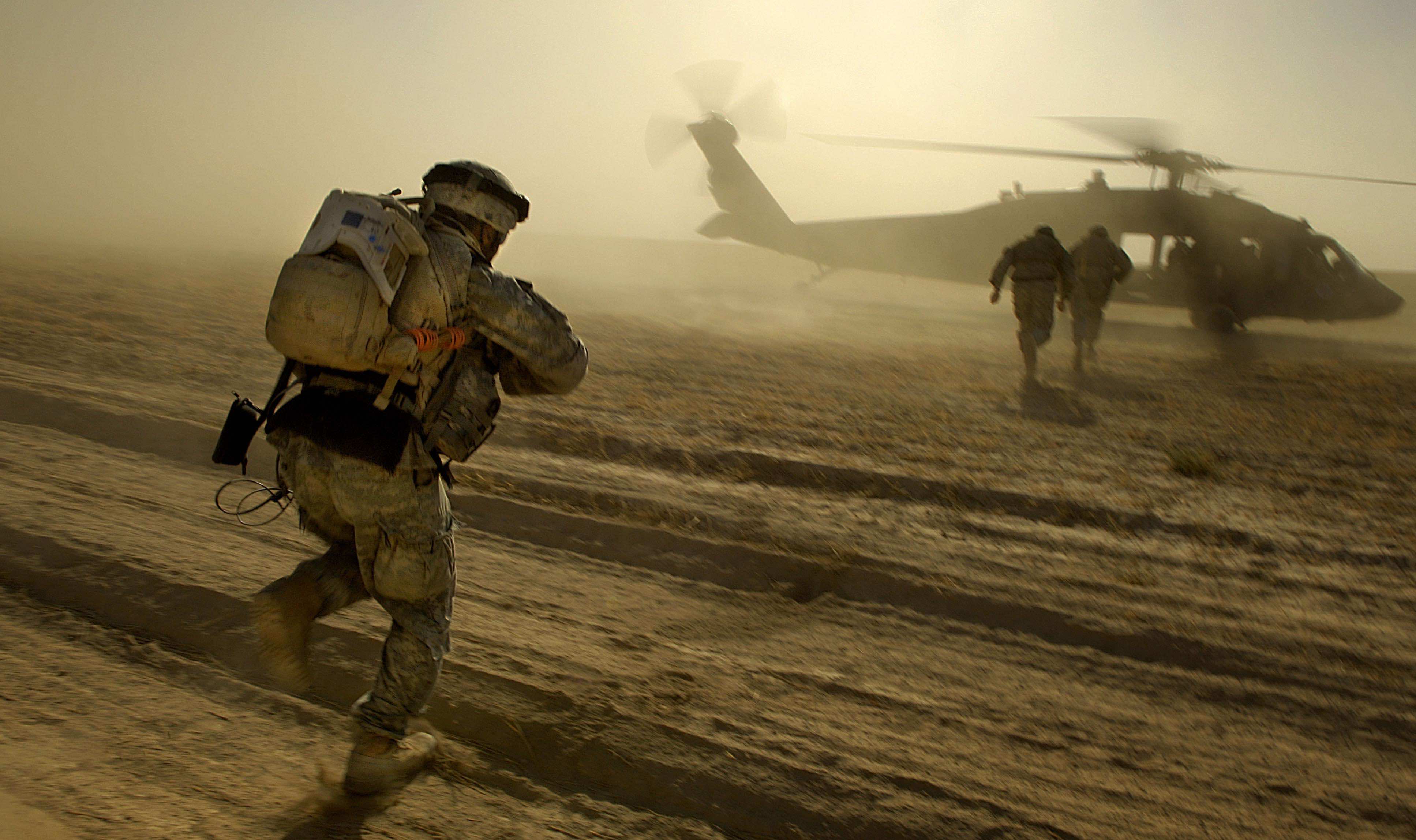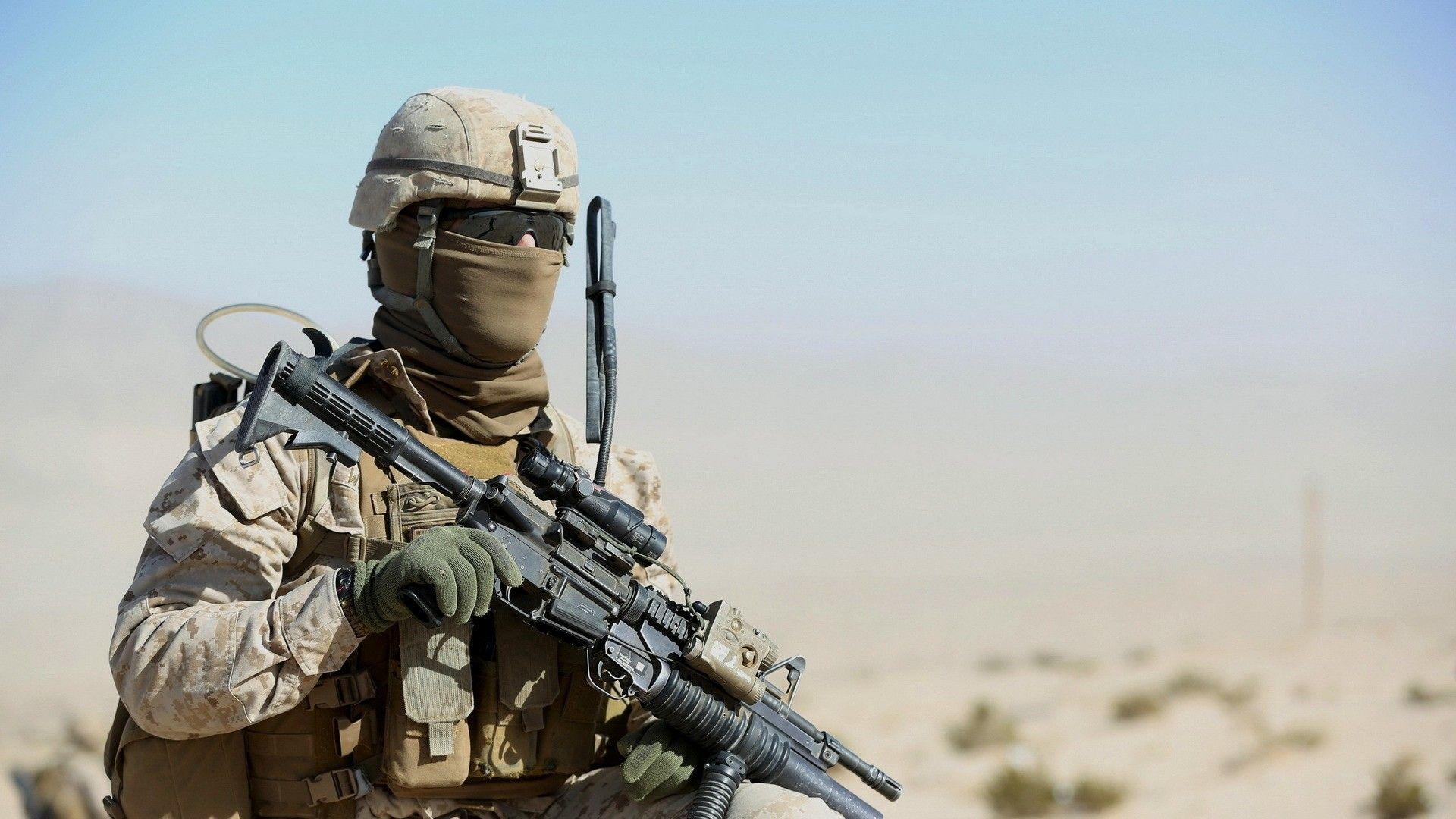Detail Author:
- Name : Dr. Moshe Osinski Sr.
- Username : francesco.wuckert
- Email : imckenzie@gmail.com
- Birthdate : 1976-02-26
- Address : 2148 Loy Flat South Abbyshire, CT 73505-1969
- Phone : 703-275-9779
- Company : Funk, Barrows and Grant
- Job : Painting Machine Operator
- Bio : Est ad pariatur esse temporibus. Tempora consequatur magnam ut nesciunt eum totam. Qui non iure corrupti aperiam. Voluptatem qui est rerum reprehenderit in beatae quos.
Socials
linkedin:
- url : https://linkedin.com/in/cartwrightn
- username : cartwrightn
- bio : Sit non rerum quia asperiores.
- followers : 3470
- following : 2835
instagram:
- url : https://instagram.com/ncartwright
- username : ncartwright
- bio : Quas et placeat aliquid deleniti. Consequuntur pariatur ut quasi facere quam laboriosam.
- followers : 1627
- following : 1913
twitter:
- url : https://twitter.com/cartwright2016
- username : cartwright2016
- bio : Eum quibusdam autem ea ex praesentium molestiae. Iusto ut consequatur possimus aliquid. Et dolore qui dolorem error quaerat aut.
- followers : 792
- following : 2261
tiktok:
- url : https://tiktok.com/@naomi_dev
- username : naomi_dev
- bio : Molestias aspernatur voluptatem inventore et.
- followers : 6347
- following : 2283
When folks talk about groups with very strong bonds and a unique way of doing things, the question sometimes comes up: is the military a cult? It's a pretty big question, so we are going to look at different parts of military life, from the people who serve every day to those who have come home, their families, and really anyone curious about how things work. We are going to consider the daily flow, the long story, and the real-time happenings of military existence today, trying to get a feel for what it's truly like for those involved. It's a way of just taking a closer look at a very particular kind of community, you know, to see how it operates.
There are many layers to what makes up military life, and it touches a lot of people. You have active service members, who are currently serving, and then there are veterans, who have completed their time in uniform. Their family members also play a really big part in this whole experience, supporting them through thick and thin. And, of course, there are those who are just starting to learn about what it all means, perhaps thinking about joining or simply wanting to understand a bit more about this significant part of our society. So, it's a broad group of individuals, all connected in some way to this unique way of living, which, in a way, shapes many lives.
Getting a grip on the news, the stories from the past, and the everyday rhythm of military life right now gives you a fuller picture. It helps to see how things have changed over time and what matters to people today. We will touch on things like how service members get paid, the money benefits for schooling, and the health support for those who served. We will also talk about home loans, ways to get insurance, and what happens when people retire from service. There is also a lot about finding work after service and projects that help people get back into civilian jobs. It's all part of the larger picture, you know, of what it means to be part of this community, and it gives us a lot to think about.
Table of Contents
- What Makes Military Life Unique?
- How Does Military Structure Relate to "Is the Military a Cult"?
- Is "Military Pay and Benefits" Part of "Is the Military a Cult"?
- Are Shared Experiences a Factor in "Is the Military a Cult"?
- What About Challenges and Well-Being in "Is the Military a Cult"?
- Is Information Sharing Key to "Is the Military a Cult"?
- What Does Force Dispersion Mean for "Is the Military a Cult"?
What Makes Military Life Unique?
So, when we consider what makes military life stand out, it's pretty clear there are some really distinct elements at play. The United States Armed Forces, for instance, are put together from six main parts. You have the Air Force, which focuses on things in the sky, and then the Army, which is more about ground operations. There is also the Coast Guard, looking after our waters close to home, and the Marine Corps, known for being a very ready force. The Navy handles things out on the seas, and the Space Force is, well, pretty much about what goes on beyond our planet. Each of these parts has its own way of doing things, but they all work together as one big team, which is, in a way, a very defining characteristic.
This structure, with its different parts, means that people join a group with a very clear purpose and a defined role. It's not just a job; it's often a way of life that asks for a lot of dedication. People who serve learn to rely on each other in very particular ways, creating bonds that can feel incredibly strong. This kind of connection, you know, where you are part of something much bigger than just yourself, is a hallmark of military existence. It shapes daily routines, expectations, and how people see their place in the world, often for a very long time after their service is done. It’s a pretty unique setup, to say the least.
How Does Military Structure Relate to "Is the Military a Cult"?
When people ask if the military is a cult, they might be thinking about the way it's put together. The structure is very much organized, with clear chains of command and specific roles for everyone. This kind of setup means that people often follow directions and work together in a very coordinated way. For example, if you are in the Navy, you have a specific job on a ship, and everyone else on that ship has their own particular duties, too. This organized approach helps them achieve their goals, like keeping a ship running or carrying out a mission, which is, in some respects, a very effective way to operate a large group.
This organized way of doing things, with everyone having a place and a role, can create a feeling of strong unity. People often wear uniforms, which can make them look the same and reinforce the idea of being part of one body. They might also share certain ways of speaking or behaving that are particular to their branch or unit. These shared elements can build a very powerful sense of belonging, making the group feel very close-knit. It's just a little bit different from a typical workplace, where the bonds might not be quite so intense, you know, due to the nature of the work itself.
Is "Military Pay and Benefits" Part of "Is the Military a Cult"?
Thinking about military pay and the many benefits that come with service can also be part of the discussion when someone asks if the military is a cult. People who serve receive pay, of course, but there are also many other kinds of support. For instance, there's the GI Bill, which helps with education costs, and health care programs like TRICARE for service members and their families. There are also specific loans for buying homes, insurance plans, and retirement plans that provide a steady income later in life. These things, you know, are pretty significant ways the military looks after its people, offering a lot of security.
Beyond the direct financial help, there are also things like VA eBenefits, which are online tools for managing various services, and programs that help veterans find jobs. There are even ways to upload your resume to specific job search projects aimed at helping those who have served get back into civilian employment. This comprehensive system of support, from daily pay to help with life after service, creates a kind of safety net. It can make joining and staying in the military a very appealing choice for many, as it offers a pretty full package of support for individuals and their families, which, in a way, creates a lasting connection.
Are Shared Experiences a Factor in "Is the Military a Cult"?
When people share very specific experiences, especially challenging ones, it can create incredibly strong bonds. In the military, people often go through training together, deploy to far-off places, and face tough situations side-by-side. These shared moments, whether they are about doing a difficult exercise or dealing with a stressful event, build a deep sense of camaraderie. It's a bit like being part of a very unique club where only those who have been through it truly get it. This kind of shared experience is a very powerful glue, often lasting a lifetime for those involved, you know, creating a profound connection.
This shared history means that people who have served often have a common language, a way of understanding the world that is particular to their time in uniform. They might have inside jokes, or a way of looking at problems that others outside the military might not quite grasp. This can make them feel like a very tight-knit group, which, in some respects, is a natural outcome of going through something significant together. It’s a pretty strong force that brings people together and keeps them connected, even years after their service ends, shaping their perspectives in a very real way.
What About Challenges and Well-Being in "Is the Military a Cult"?
Sometimes, the challenges faced by military personnel can also be part of the conversation about "is the military a cult." For example, there were reports about some services being canceled, like backing up important Navy server data to the cloud or helping troops use their tuition benefits better. These kinds of changes can affect daily operations and the personal lives of service members. It shows that even within a highly structured environment, there can be unexpected issues that people have to deal with, which, you know, can add to the pressures of military life.
There are also situations where the well-being of service members faces real tests. For instance, there were reports where cooling tents, meant to protect people from heat, did not work as they should. People were observed showing signs of being too hot, with some needing help because of heat exhaustion. These sorts of events highlight the very real difficulties that can come with military service and the importance of looking after people's health and safety. It is a reminder that even in a very organized system, human needs and unexpected problems are always present, and they can be quite serious.
Is Information Sharing Key to "Is the Military a Cult"?
The way information is shared, and how people stay connected, is also a pretty big part of military life. Websites like Military.com, for instance, are leading sources for news and facts for people in service, those who have served, and their families. These sites often share things like military photos of the week, which give a visual peek into what life is like for people in uniform. This kind of regular communication helps keep everyone in the loop and feeling connected to the wider military community, which, in a way, helps maintain a sense of belonging for many.
These news and information sites are very important for keeping people informed about what's happening, whether it's about changes in policy, events, or just general updates. They help people understand the pulse of military life today, offering a consistent flow of relevant content. This constant sharing of stories and facts helps to build a common understanding and shared sense of purpose among a very spread-out group of people, which, you know, is pretty important for maintaining a cohesive community, almost like a very large family that spans the globe.
What Does Force Dispersion Mean for "Is the Military a Cult"?
Considering how forces are moved around can also play into the discussion of "is the military a cult." Reports suggested that the U.S. military spread out many of its forces in a certain area. This move appeared to be a way to make sure that no single base would be a very attractive target for an attack. When forces are dispersed, it means that military personnel might be moved to different locations, sometimes quite quickly. This kind of strategic movement means that people need to be ready to pick up and go, and adapt to new surroundings, which, in a way, speaks to the flexibility required in military service.
This spreading out of personnel and equipment can affect the daily lives of those serving, as well as their families. It shows a constant need for readiness and a willingness to adjust to changing situations, which is a pretty fundamental part of military existence. The idea that forces are moved to make targets less appealing speaks to the serious nature of military operations and the constant need for planning and protection. It's just a different way of thinking about how a large organization manages its people and resources in a very dynamic environment, you know, always with a bigger purpose in mind.
- Antm Series 1
- Taylor Swift In A Bathing Suit
- Grimes Reacts To Elon Musk Parading Son Around Oval Office
- Ellis Greys Anatomy
- Fabio Books


